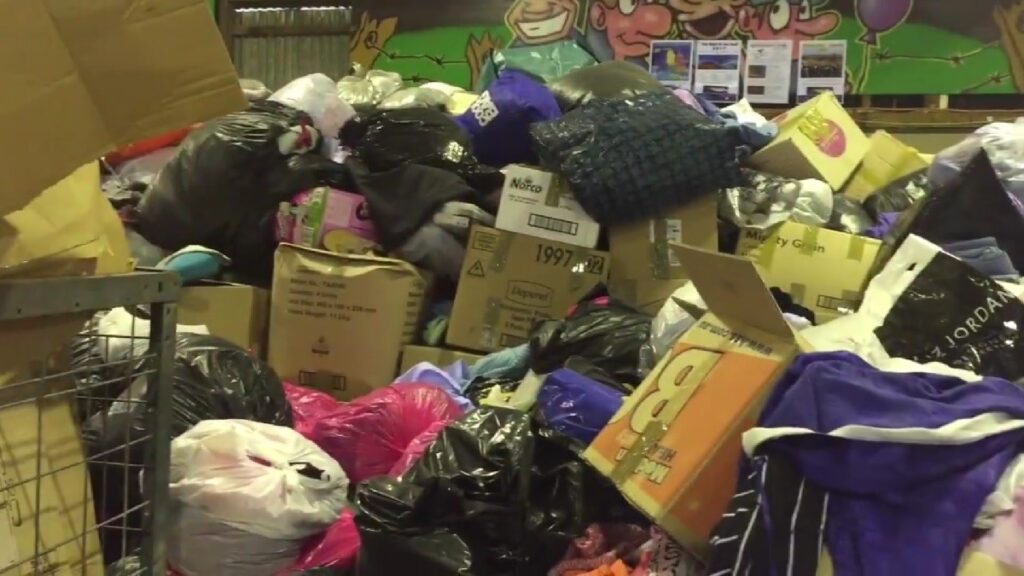Embracing the Family Spirit in Disaster Relief

In times of crisis, the outpouring of generosity from individuals and families around the world is so heartwarming.
Understanding the Psychology of Disaster Giving: Why Good Intentions Don’t Always Translate to Effective Aid

I promise this is my last post on harmful donations, but it is because we are so good! In the wake of disasters, I love that people get an overwhelming surge of empathy and altruism often compels people to reach into their pockets, and fill bags full of items, and offer support. But wait!! However, the noble impulse to help doesn’t always translate into effective aid. Understanding the psychology behind disaster giving sheds light on why well-intentioned gestures sometimes miss the mark.
The Hidden Harm of Unsolicited Donations: A Closer Look

In times of crisis, whether natural disasters or humanitarian emergencies, the outpouring of support from well-intentioned donors is often swift and overwhelming. However, amidst the goodwill and generosity lies a lesser-known truth: unsolicited donations can sometimes do more harm than good to the communities they aim to assist.
Unveiling the Heart Behind Recovere: A Personal Journey

Hello everyone, my name is Juliette and I am the founder of Recovere. I am so, so grateful you are reading my new blog. Please feel free to contact me with any ideas, questions, any feedback!